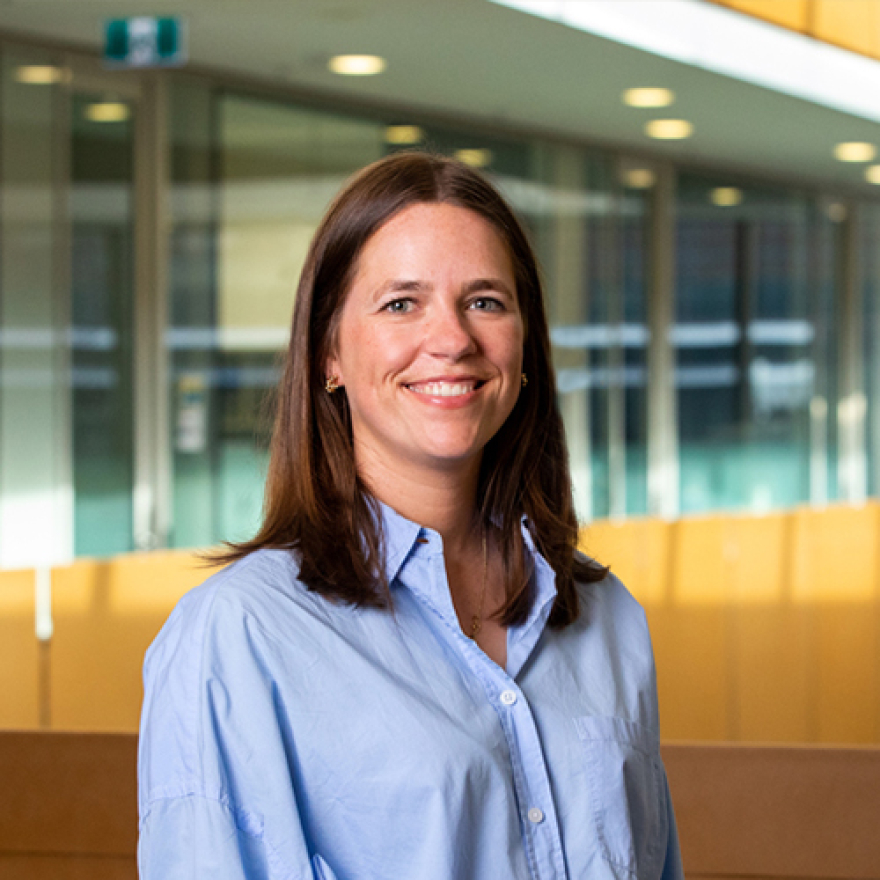Aboriginal people experience disproportionately higher rates of HIV and sexually transmissible infections (STIs) in Australia than their non-Aboriginal counterparts, and control of HIV and STIs is a national health priority. Regular STI testing, treatment and retesting is a key strategy in the control of these infections, yet there are challenges engaging young Aboriginal people with sexual health services. Qualitative research is needed to review the complex range of factors influencing the sexual health and engagement with services among this group. However, there is a lack of qualitative research looking at sexual health among Aboriginal young people in regional NSW, particularly those from regional and remote areas.
This is a qualitative research study being carried out across three locations in Murrumbidgee Local Health District (MLHD): Wagga Wagga, Narrandera and Griffith. Rigorous qualitative research can provide in-depth insight into the factors underlying findings identified in survey-based and epidemiological research. This study was developed in partnership with MLHD in response to an identified need for context-specific evidence relating to sexual health of Aboriginal young people aged 15–29 years in the local area. This is the first qualitative study exploring issues related to HIV and STI prevention among young Aboriginal people in a regional location in NSW.
We are using in-depth semi-structured interviews with young Aboriginal people to explore their sexual health needs; where and how they access sexual health information; their experiences of accessing sexual health services; and what they are already doing to protect their sexual health and reduce potential risks. In addition, we will interview key informants (policy makers, community leaders, Aboriginal Elders and health service providers) to explore these issues from their perspectives. Knowledge translation workshops will be held, to ensure that the community has input into interpretation, and dissemination of the findings.
This study will generate a substantial qualitative dataset identifying the key themes relating to sexual health among Aboriginal young people across the three regional settings in NSW. This will result in the development of context-specific evidence relating to Aboriginal young people’s sexual health in Murrumbidgee LHD. Ideally, gaps in service delivery, community needs and opportunities for effective health promotion strategies and public health policy will be identified through the findings.
The project will generate findings to inform the development of age- and culturally-appropriate sexual health services and HIV and STI prevention and sexual health promotion programs for young Aboriginal people in MLHD.
- Murrumbidgee Local Health District
- Griffith Aboriginal Medical Service
- Riverina Medical and Dental Aboriginal Corporation
- NSW Health Prevention Research Support Program

